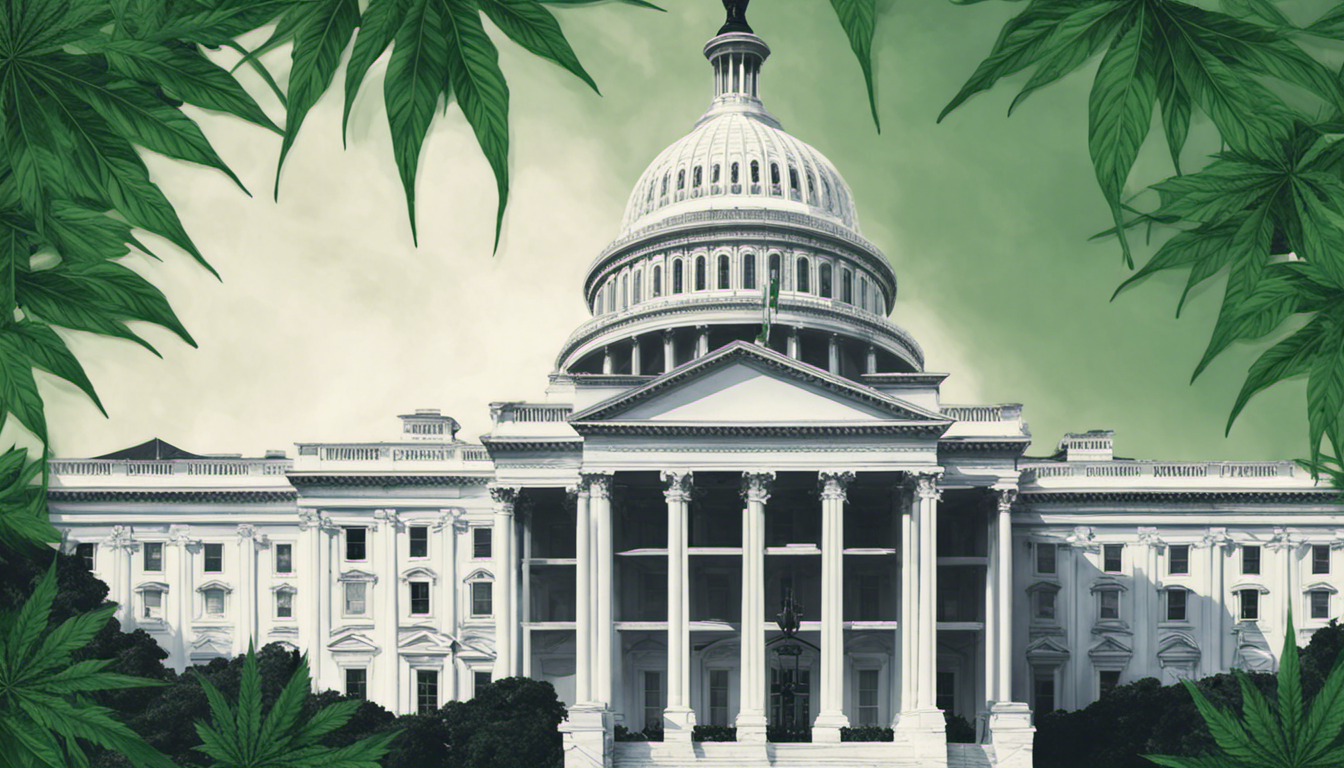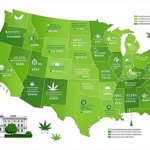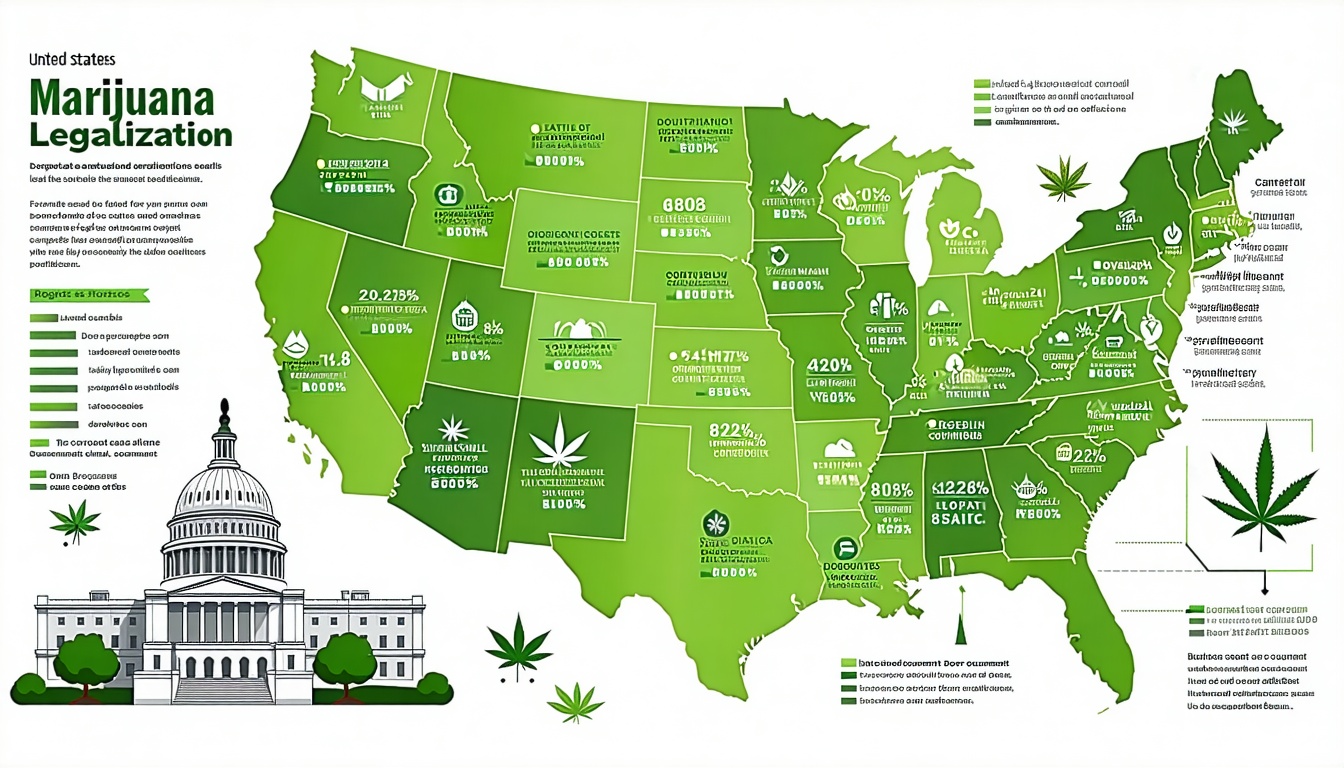The White House Finally Speaks on the Marijuana Industry
The cannabis industry has been a game-changer for consumers, medical patients, veterans, and legal states, but for small business owners, it’s been a rollercoaster ride. Despite the high demand, federal, tax, and banking restrictions have made it difficult for businesses to grow and expand. Many in the industry had hoped that the new administration would bring positive change, but the White House’s recent comments have left advocates and stakeholders uncertain about the administration’s priorities.
During his campaign, the president expressed support for rescheduling marijuana under the Controlled Substances Act (CSA), which would move it from Schedule I to Schedule III, easing restrictions on medical use and enabling cannabis businesses to access banking and tax benefits. However, since taking office, no concrete steps have been taken to advance this initiative. A DEA hearing on rescheduling, initially planned for January 2025, was postponed due to procedural appeals and remains unscheduled.
The president has also voiced support for state autonomy in cannabis policy and endorsed state-level legalization initiatives, such as Florida’s failed 2024 ballot measure for recreational marijuana. While this reflects a more favorable stance compared to his first term, his administration has yet to prioritize federal reforms like the SAFE Banking Act, which would facilitate banking services for cannabis businesses.
The delay in federal action has significant implications for the cannabis industry. Rescheduling marijuana could alleviate financial burdens by eliminating restrictions under IRS Code Section 280E and promoting medical research. However, the stalled process leaves businesses navigating regulatory uncertainties and limited financial access.
Advocates continue to lobby for reform, but the administration appears focused on other priorities such as immigration and foreign policy. Until then, the industry will continue to struggle and wait for change.












